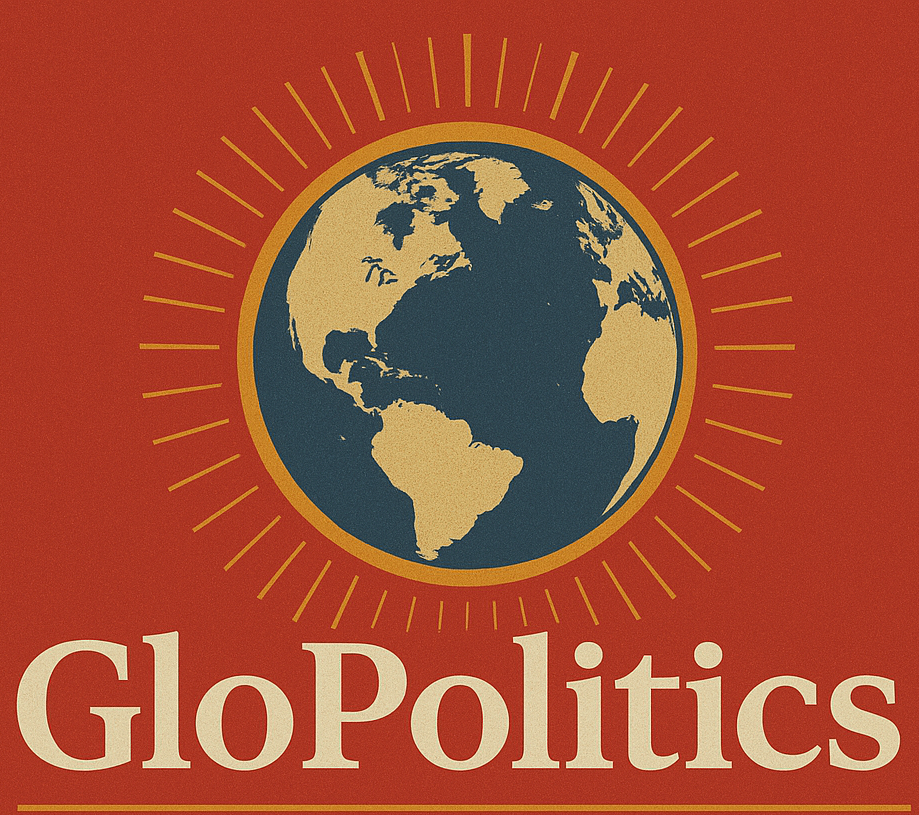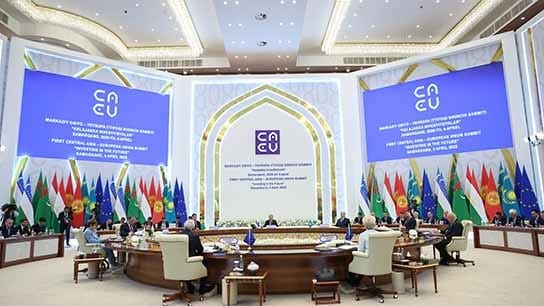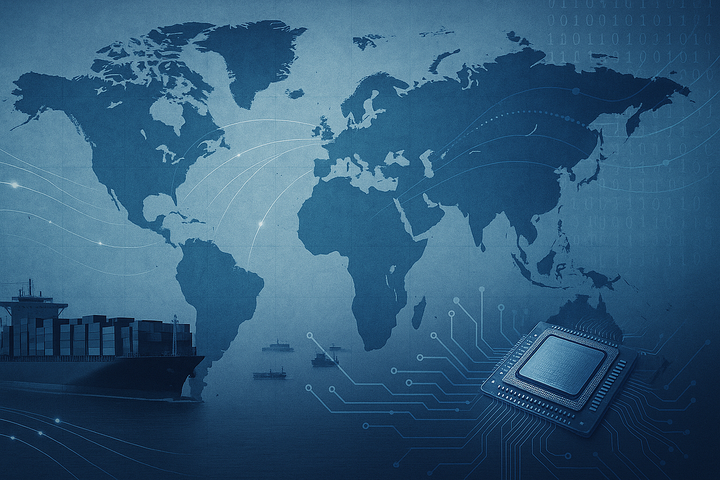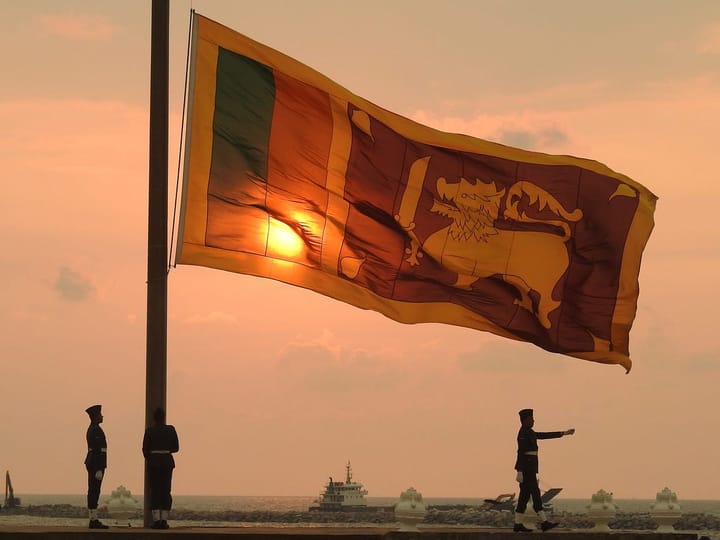The Fracturing of the “UniTeam”
Inside the Marcos–Duterte Rift

Earlier this month, a seemingly routine administrative reshuffle triggered seismic ripples across the Philippine political spectrum. The Armed Forces of the Philippines (AFP) removed Col. Raymund Dante Lachica, the commander of the Vice Presidential Security Group (VPSG), without notifying Vice President Sara Duterte.
However, this was not just a bureaucratic maneuver but a bold political message. The removal hinted at deeper institutional friction, interpreted widely as an indicator of the deteriorating relationship between President Ferdinand “Bongbong” Marcos Jr. and his Vice President. The alliance once known as the “UniTeam”, which had projected unity, stability, and dynastic collaboration during the 2022 elections.
From Alliance to Antagonism
The formation of the UniTeam in 2022 was not born out of ideological harmony but political expediency. Ferdinand Marcos Jr., representing the interests of the northern elite and business-oriented technocrats, joined forces with Sara Duterte, daughter of the hardline populist former President Rodrigo Duterte, who maintained a stronghold over Mindanao and a loyal populist base. Their combined political machinery swept the national elections, securing dominant majorities and reshaping the country’s power structure.
However, by the middle of 2023, cracks had begun to show. Policy rifts emerged, particularly around education, public health, and internal governance. Sara Duterte advocated for a more nationalistic and conservative curriculum, while Marcos favored liberal reforms and technocratic consensus. Cabinet reshuffles slowly edged out Duterte-aligned officials, deepening mistrust. In June 2024, Sara Duterte formally resigned as Education Secretary, publicly citing irreconcilable policy directions and lack of consultation.
What followed was not just a difference of opinion but the construction of rival political narratives. Marcos positioned himself as a global-facing modernizer, often courting international investors and strengthening diplomatic ties. Duterte, meanwhile, doubled down on domestic populism, criticizing the government for ignoring grassroots concerns and centralizing power in Manila. By the end of 2024, the UniTeam had morphed from a functional alliance into a battleground of conflicting agendas and political loyalties.
The Impeachment Battle
The political conflict escalated dramatically after four impeachment complaints were filed against Vice President Sara Duterte in December 2024. The charges ranged from the alleged misuse of confidential intelligence funds to accusations of undermining the President’s authority through inflammatory public statements and alleged coercive tactics. The House of Representatives approved them in February 2025 and paved the way for a trial to proceed in the Senate.
The impeachment proceedings rapidly consumed the national discourse. Major television networks, online influencers, and regional newspapers picked sides. Street protests erupted in Davao and several provincial capitals, both in support of and against Duterte. The issue also polarized the political class. Provincial governors and city mayors found themselves caught in a whirlwind of pressure and potential political retribution.
In July 2025, the Supreme Court issued a landmark ruling: the impeachment was unconstitutional, citing the one-year prohibition on filing successive impeachment cases during the same legislative term. The decision was hailed by Duterte supporters as a triumph of judicial independence, while Marcos allies expressed concern about judicial overreach.
Military and Security Fault Lines
The military’s involvement in the feud remained one of the most sensitive and potentially explosive dimensions of the conflict. The sudden removal of Col. Lachica in October, particularly without protocol or prior coordination with the Vice President’s office, sparked fears of a creeping militarization of civilian politics.
Earlier that year, anonymous reports had surfaced about an aborted “soft coup,” allegedly engineered by a group of retired officers sympathetic to Duterte. Although the AFP officially denied any such plot, the episode prompted a rare public address by the Chief of Staff, reiterating the Armed Forces’ loyalty to the Constitution and civilian supremacy. The institution, long shaped by the lessons of past political crises like the 1986 and 2001 EDSA uprisings, was careful to project a posture of neutrality and professionalism.
Despite this, the military remains an influential arbiter in times of political crisis. Its institutional posture may be neutral, but its internal sentiments often mirror the broader political divides.
The Political Landscape Ahead
With the once-dominant UniTeam now all but defunct, the reconfiguration of political alliances is well underway. President Marcos Jr. is seeking to cement his hold over key institutions and broaden his base among centrist politicians, regional technocrats, and Manila-based economic stakeholders. His administration has doubled down on infrastructure projects, education reform, and foreign policy initiatives that aim to position the Philippines as a key player in the Indo-Pacific.
On the other hand, Vice President Duterte is rallying her core supporters in Mindanao and the Visayas, capitalizing on her family’s deep-rooted political networks and legacy of populist governance. Her public appearances have become more frequent, her rhetoric more pointed. It won’t be a surprise if she may soon launch a new political party. Her brand of local-first politics resonates with voters who feel neglected by the capital-centric approach of the current administration.
The rivalry is already shaping legislative debates, with Senate and House blocs realigning in subtle but significant ways. Laws related to decentralization, education, and law enforcement are becoming political flashpoints. Provincial politicians, meanwhile, are hedging their bets, with some attempting to walk a fine line between both camps. Their respective outcomes will heavily influence the trajectory of the 2028 presidential race.
Conclusion
The Philippines has long endured cycles of elite competition, personality-driven politics, and fragile institutional resilience. The Marcos-Duterte rift is both a continuation of this pattern and a potential turning point. As the nation inches closer to 2028, the underlying questions remain urgent: Will the Philippine political system adapt, evolve, or fracture further under the weight of dynastic competition? Can political realignment lead to greater policy coherence and democratic maturity, or will it reinforce the country’s long-standing vulnerabilities? The answers may well define the next decade of governance and stability in the Philippines.




Comments ()